Construction Equipment Financing Part 1: Top Tips to Secure Funding
If you’re in the market for a new excavator, wheel loader, compactor or other piece of heavy construction equipment, securing the financing to get them is easier than you might […]
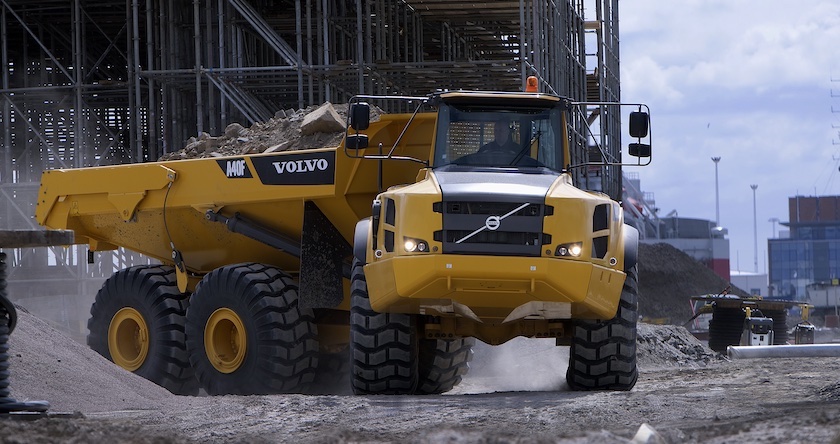
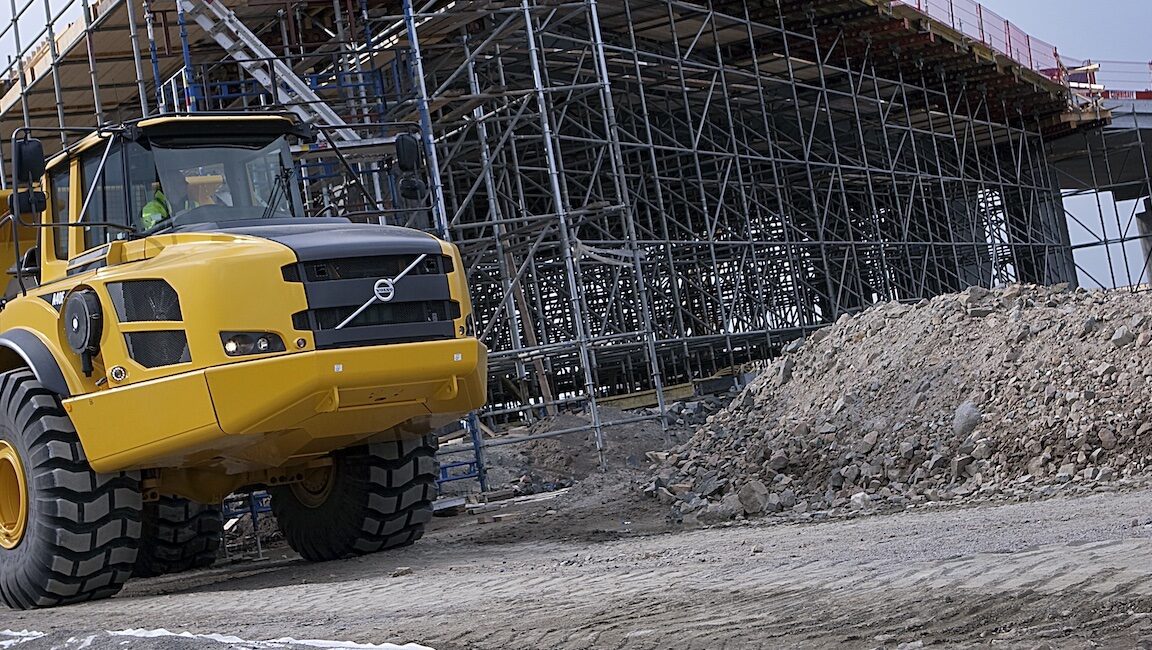
If you’re in the market for a new excavator, wheel loader, compactor or other piece of heavy construction equipment, securing the financing to get them is easier than you might think. These tips are designed to help you get construction equipment financing with excellent terms:
- Assess Your Financial Health – Before applying for financing, evaluate your company’s financial stability. Lenders will scrutinize your credit scores (more on this in a bit), cash flow and financial statements. Ensure that your financial records are in order and be ready to demonstrate your ability to make repayments.
- Understand Your Equipment Financing Options – Familiarize yourself with different equipment financing options such as loans and leases. Consult with a qualified tax professional to model the financial impact of buying versus leasing. Each has advantages and disadvantages, so determine which one most aligns with your business goals and budget. In some instances, a rental may be your ideal scenario. Also don’t forget to look for special offers and bundles that include warranties and services.
- Prepare a Comprehensive Business Plan – Create a solid business plan outlining your company’s growth projections, equipment needs and how the equipment will contribute to your success. A well-documented plan can instill confidence in lenders. At Volvo Financial Services, we’re very familiar with the construction and mining industries, so our financial experts know how your machines are used. We also understand things like work cycles, seasonality and the importance of machine uptime.
- Obtain Collateral and Down Payments – The equipment you’re financing will serve as the secured collateral for the lender. A substantial down payment can lower your monthly payments and improve your chances of approval. A down payment may be required based on the age of the equipment, the loan term and the borrower’s credit.
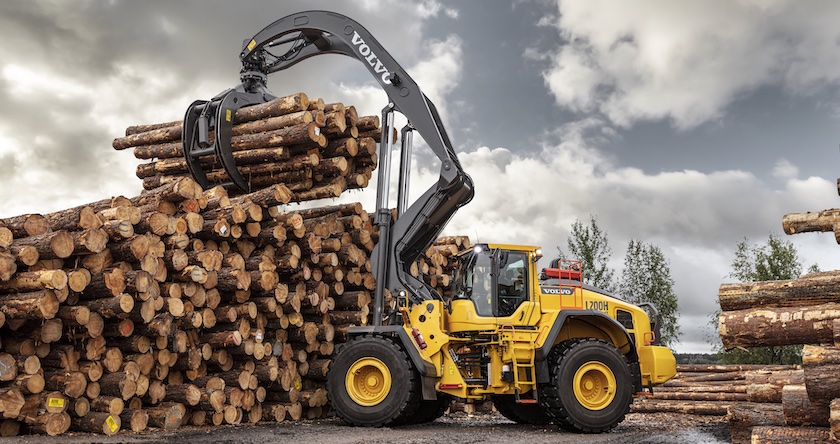
You should always work to tailor your approach to your specific circumstances and goals to increase your chances of securing the financing you need.
If you’re looking for additional information on securing financing for heavy equipment purchases, below are some bonus tips on improving credit scores, assembling a strong financial profile and preparing necessary documentation for equipment financing applications.
TIPS FOR IMPROVING YOUR CREDIT SCORE
- Check Your Credit Report – Obtain a copy of your personal and business credit reports from major credit bureaus (e.g., Equifax, Experian and TransUnion) and review them for errors or discrepancies. Dispute any inaccuracies to have them corrected.
- Always Pay Bills on Time – Consistently make on-time payments for all your business and personal obligations including loans, credit cards and utility bills. Payment history is a significant factor in credit scoring.
- Reduce Outstanding Debt – Aim to lower your credit card balances and other outstanding debts. High credit utilization can negatively impact your credit score. Try to maintain a credit utilization ratio below 30%.
- Establish a Credit Mix – Having a diverse mix of credit types such as installment loans (e.g., equipment financing), credit cards and lines of credit can positively influence your credit score.
- Avoid Opening Too Many New Accounts – Each credit inquiry can temporarily lower your credit score, so be cautious about applying for new credit accounts too frequently.
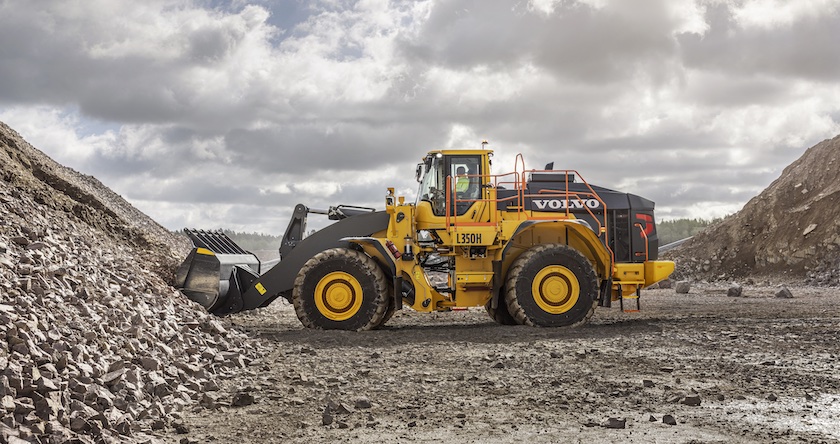
TIPS FOR ASSEMBLING A STRONG FINANCIAL PROFILE
- Maintain Accurate Financial Records – Keep meticulous financial records including income statements, balance sheets and cash flow statements. Accurate financial documentation is essential for lenders to assess your financial health.
- Show Profitability and Positive Cash Flow – Lenders want to see that your business is profitable and can generate sufficient cash flow to meet loan or lease payments. Highlight positive financial trends and growth prospects in your documentation.
- Demonstrate Experience – Showcase your experience and expertise in the construction industry. Lenders may be more inclined to work with applicants who have a track record of success in the field.
- Access to Capital – Lenders will want to understand if you have access to capital, either cash on hand or an established line of credit with a bank.
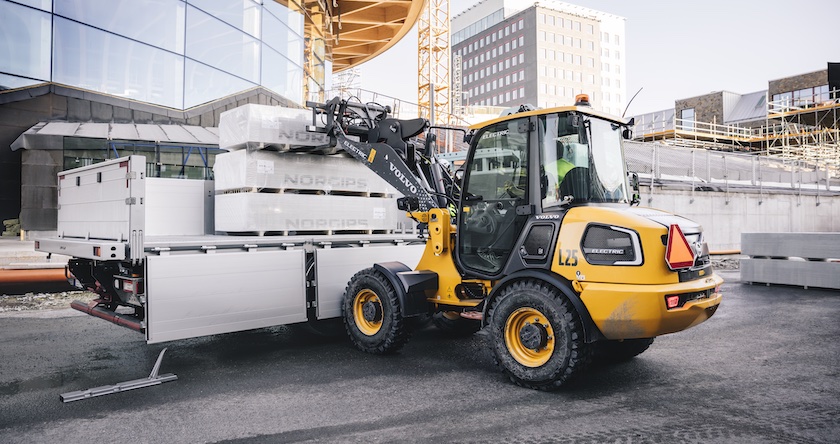
TIPS FOR PREPARING NECESSARY DOCUMENTATION
- Business Plan – As mentioned before, you’ll need a comprehensive business plan that outlines your company’s goals, strategies and how the equipment you’re financing will contribute to your success. Include financial projections and a repayment plan.
- Work on Hand: Lenders will want to see current projects you’re working on, percentage of completion and future projections for work secured.
- Personal and Business Tax Returns – These may be required depending on your years in business and the size of the transaction. Prepare several years’ worth of personal and business tax returns. Lenders often require this documentation to assess your financial history.
- Legal and Business Documents – Gather essential legal and business documents including your business registration, licenses, contracts and any other relevant agreements.
- Financial Statements – Preparing up-to-date financial statements including income statements, balance sheets and cash flow statements is essential. These documents offer a snapshot of your financial health.
- Credit References – Be prepared to provide credit references from suppliers, customers or other parties who can vouch for your creditworthiness and reliability.
- Equipment Information – If you have specific equipment in mind for financing, provide details about the equipment you need and timeframe. Are these pieces for business expansion or for replacement?
By following these tips and presenting a well-organized and compelling financing application, you can improve your chances of securing the equipment financing you need for your construction or mining business. And again, if you’re a startup company looking to secure machine financing for your new business, we’ve provided some tips in Part 2 of this series aimed to help you get what you need.
If you’re ready to talk with a financial expert now about new or used heavy equipment financing, our experts at Volvo Financial Services are ready to talk with you to help get the process rolling.
By Matt Deloglos, Volvo Financial Services
Categories: Construction Equipment, Finance, Insights


